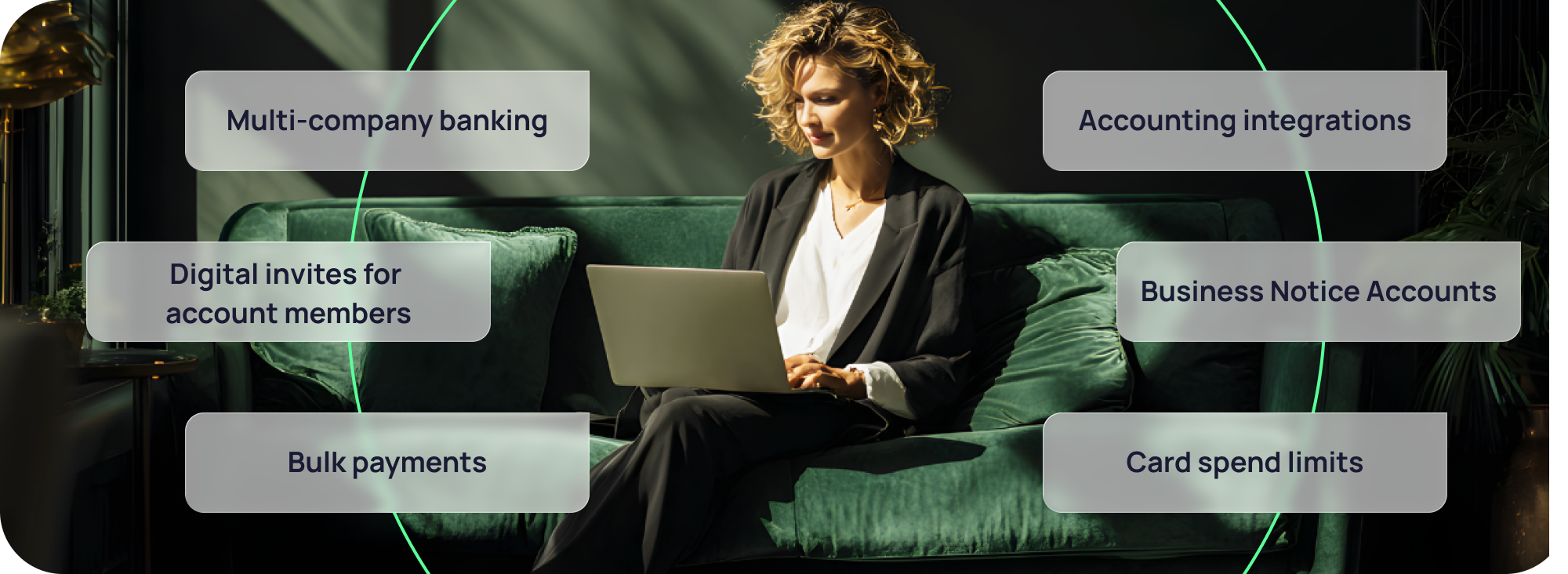With so many types of scams out there, both individuals and business leaders need to understand the difference and know how to protect themselves, their employees and businesses from falling victim to them.
Phishing, vishing and smishing are all types of APP fraud, the most common type of financial scam in the UK. Simply put, APP (Authorised Push Payment) fraud is a scam tactic where fraudsters trick people into willingly transferring money to them.
Fraudsters will pose as well-known, legitimate businesses or government bodies to win a victim’s trust. The scary thing is that these scams are called ‘authorised’ because the victim has been tricked into voluntarily giving up personal information and/or transferring money.
Now, let’s jump into the specifics of each one and tactics to protect yourself from them:
Phishing (email) scams
The term ‘phishing’ refers to when fraudsters contact victims through emails, pretending to be someone from a trusted organisation, asking for personal and/or security information. Once they have your login, password, account number etc., they can log in to your account and will have easy access to steal your money.
So, remember to be vigilant when receiving emails that request personal or security information. Here at OakNorth, we will never ask you to transfer funds to a “reserve account” or open a new account. Look out for common signs of phishing such as promises of financial rewards or threats, and always verify the authenticity of emails by checking sender details, email tone, and attachments. Never respond to suspicious emails or click on links or attachments, especially those in your spam folder.
Vishing (phone) scams
Vishing is the telephone version of phishing. These are unsolicited phone calls from fraudsters who will encourage you to give out your personal details, such as sensitive financial information. Once scammers have your information, they can access your accounts, with some even recording your voice so they can pretend to be you on the phone to authorise other charges.
How can you avoid becoming a victim of vishing? Always verify a caller’s identity if you receive an unsolicited call. Never disclose personal or financial details over the phone, even if the caller claims to be from a legitimate organisation like your bank or the police. If you think you’ve shared information with a suspicious caller, contact your bank immediately. When reporting fraud, use a different phone number than the one you were called on to prevent fraudsters from intercepting your outgoing calls and impersonating your bank.
Smishing (text) scams
Smishing is when a fraudster sends a text message pretending to be from your bank or a financial institution that you receive a service from or have an account with, to say there’s a problem, ask you for sensitive information or try to trick you into giving away your personal and security information. The text will often include a fraudulent link that may download malware onto your device when clicked, giving them access to your information.
Protect yourself by being cautious of text messages claiming to be from your bank or financial institution, especially if they request sensitive information or report a problem. Avoid clicking on any links and verify the sender’s number on the official website of your bank; if it’s not genuine, delete the message and block the sender.
If you think you’ve been scammed or if you receive a suspicious email, call or text claiming to be from OakNorth or another financial institution, contact us immediately on 0330 380 1181 or [email protected]. Your financial security is our top priority.



